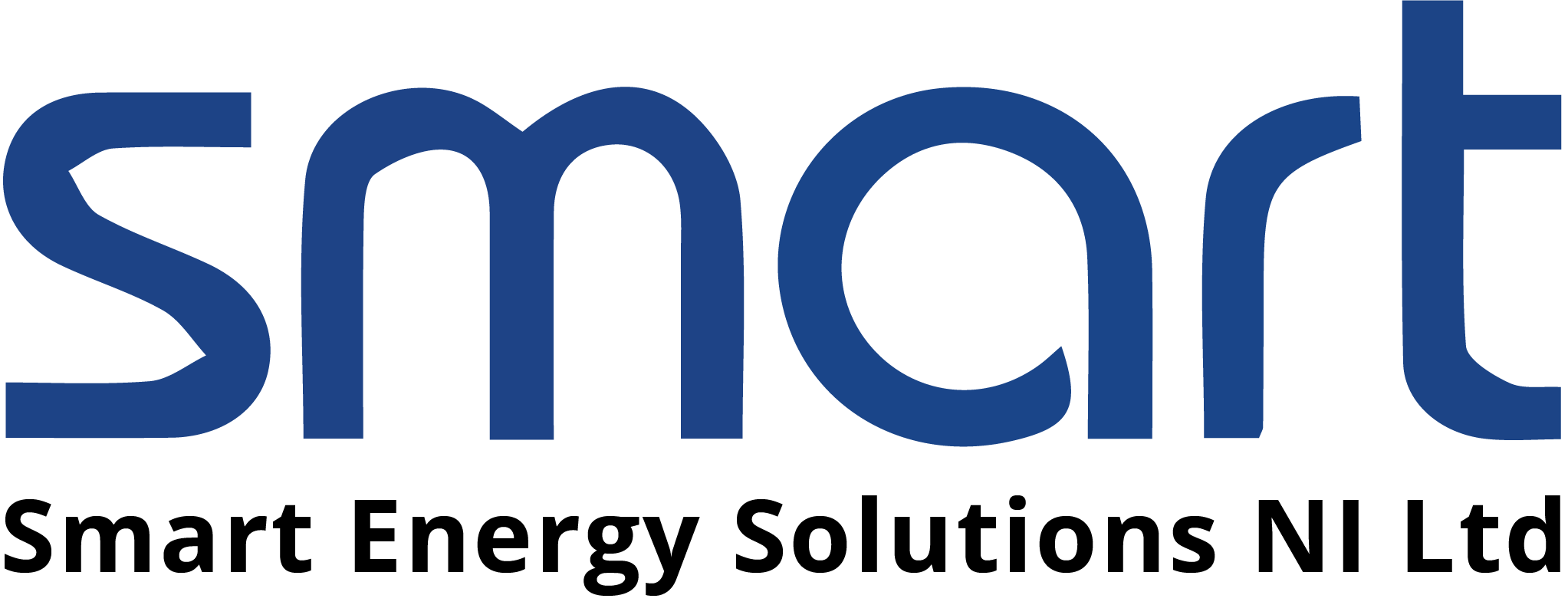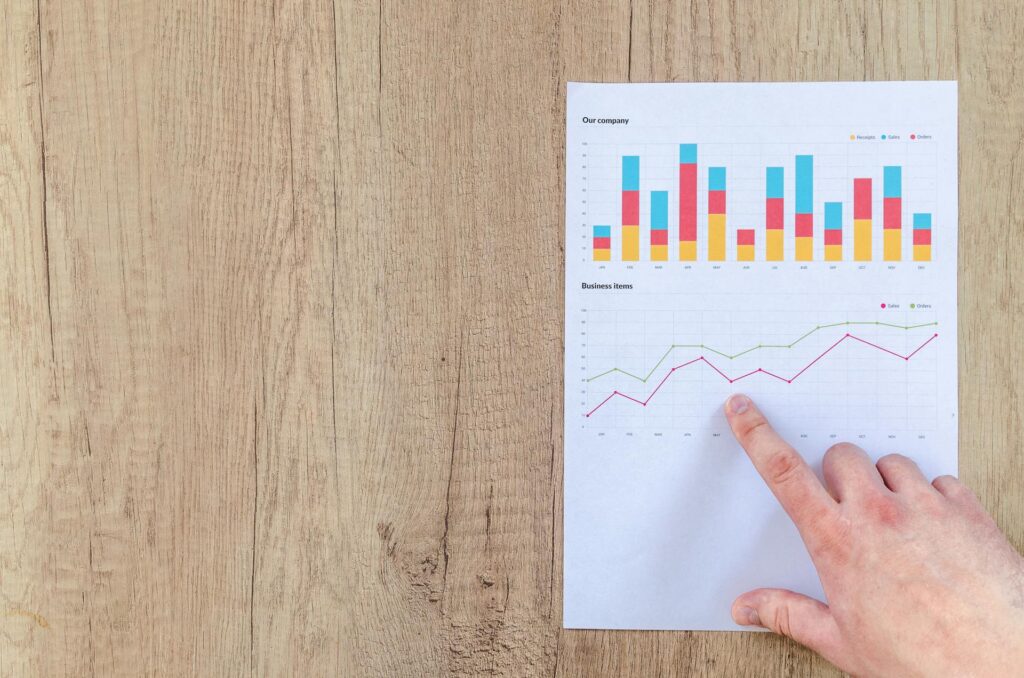Since its introduction in 2019, the Streamlined Energy and Carbon Reporting (SECR) framework has become a key part of environmental compliance for UK businesses. But despite its importance, many organisations are still unsure what SECR actually involves — or how to meet its requirements effectively.
This guide breaks down what SECR is, who it applies to, and what your business needs to do to stay compliant.
Understanding SECR: The Basics
SECR stands for Streamlined Energy and Carbon Reporting. It’s a UK government initiative that replaced the Carbon Reduction Commitment (CRC) and was designed to simplify how companies report on energy use and carbon emissions.
The goal is to increase transparency, encourage emissions reduction, and help businesses identify opportunities for improved efficiency — without adding unnecessary complexity.
Who Needs to Comply with SECR?
SECR applies to three main groups:
- Quoted companies already required to report under existing legislation
- Large unquoted companies and LLPs meeting at least two of the following:
- More than 250 employees
- Annual turnover above £36 million
- Balance sheet total over £18 million
If your organisation meets the criteria, SECR applies even if you’re not currently engaged in any energy or carbon initiatives.
What You’re Required to Report
SECR requires eligible businesses to report energy usage, associated carbon emissions, and efficiency actions in their annual director’s report.
- Total energy consumption (UK-based or global, depending on company type)
- Greenhouse gas emissions in tonnes of CO₂e
- Methodologies used for calculations
- A description of energy efficiency actions taken during the reporting year
If no action was taken, you still need to state this explicitly — so maintaining records and proactive planning is key.
How Is SECR Different from ESOS or ISO 50001?
Unlike ESOS, which focuses on periodic energy audits every four years, SECR is annual, forming part of your regular financial reporting cycle. And while ISO 50001 is a voluntary certification standard, SECR is legally mandatory for qualifying businesses.
That said, they can work together. For example, implementing ISO 50001 may help you gather the data needed for SECR — and ESOS audits often uncover the efficiency actions you can report under SECR.
How Smart Energy Solutions NI Can Help
At Smart Energy Solutions NI, we help businesses take the complexity out of SECR. Our consultants will:
- Help calculate and verify your energy and carbon figures
- Identify practical energy-saving opportunities
- Provide the exact wording and structure for your annual report
- Support alignment with ISO 50001 or ESOS, if required
By going beyond minimum compliance, many of our clients have achieved 10–20% reductions in energy costs — while strengthening their reputation for sustainability.
Need help with SECR reporting? Contact us today to book a consultation and simplify your energy and carbon compliance.

